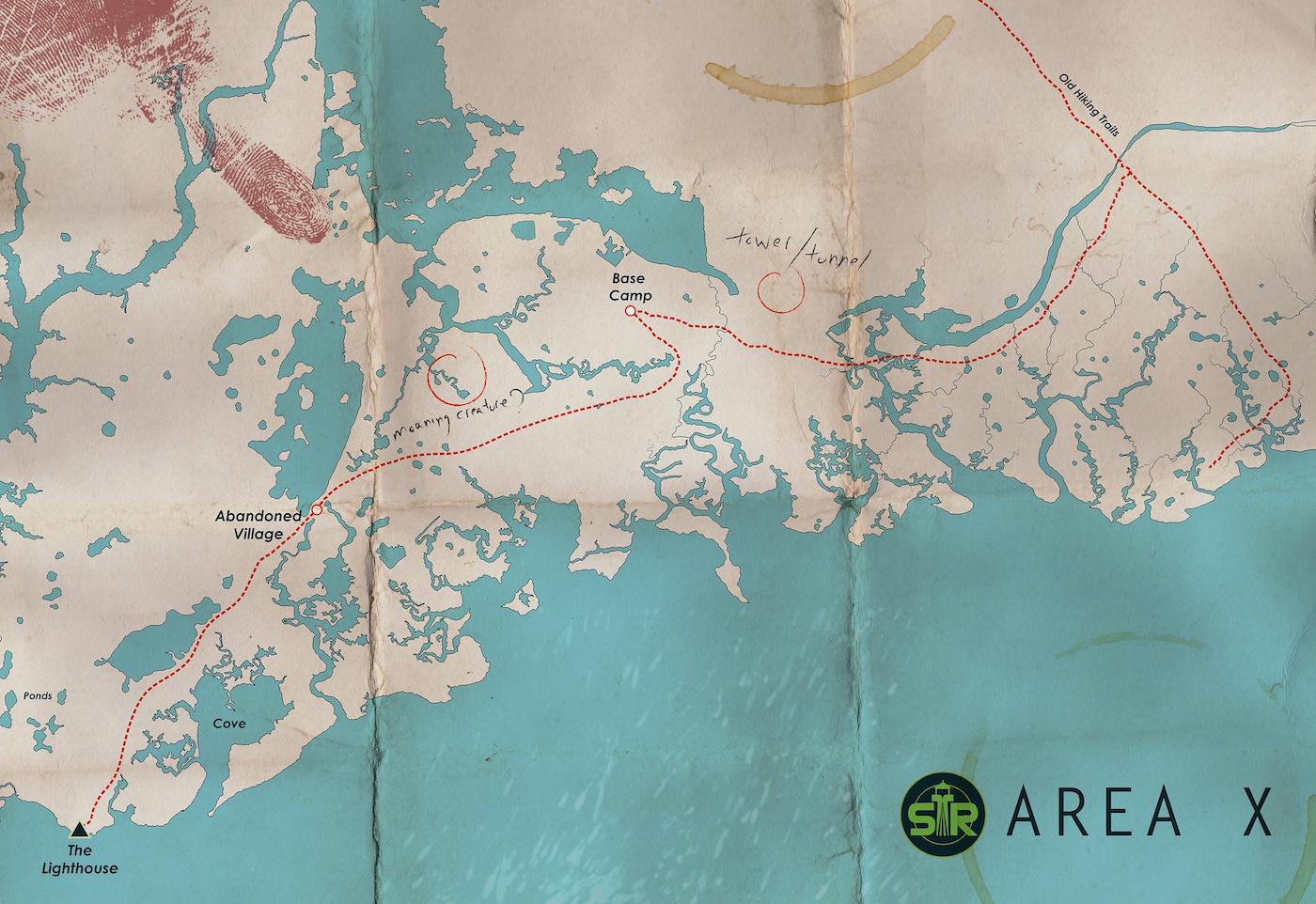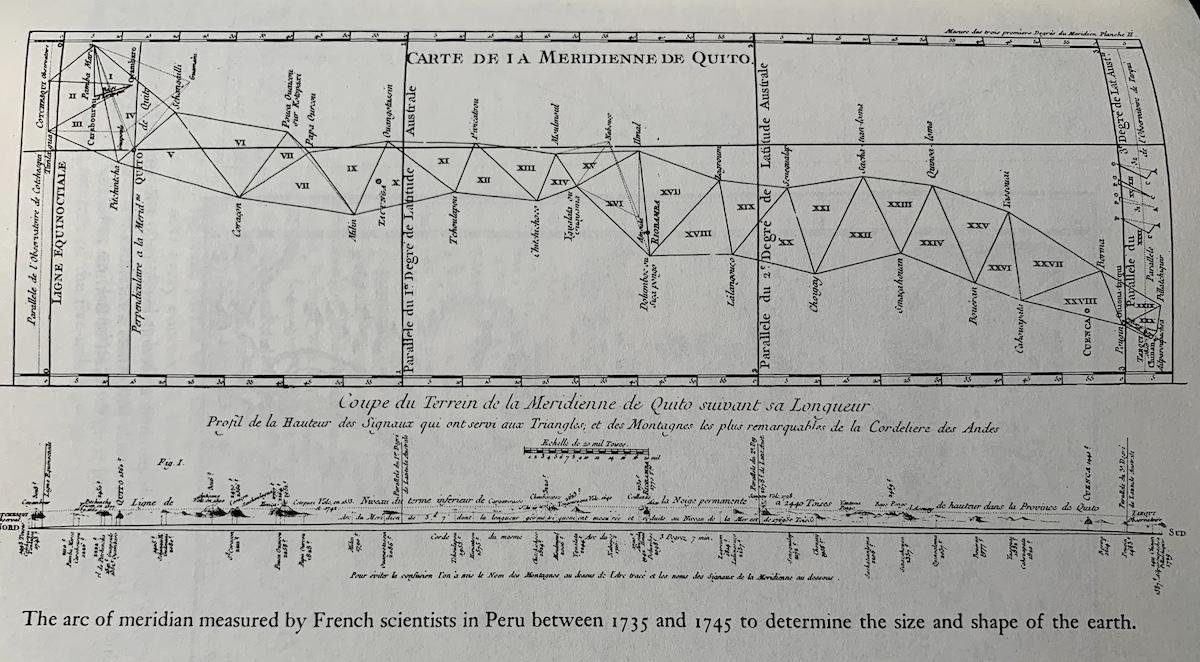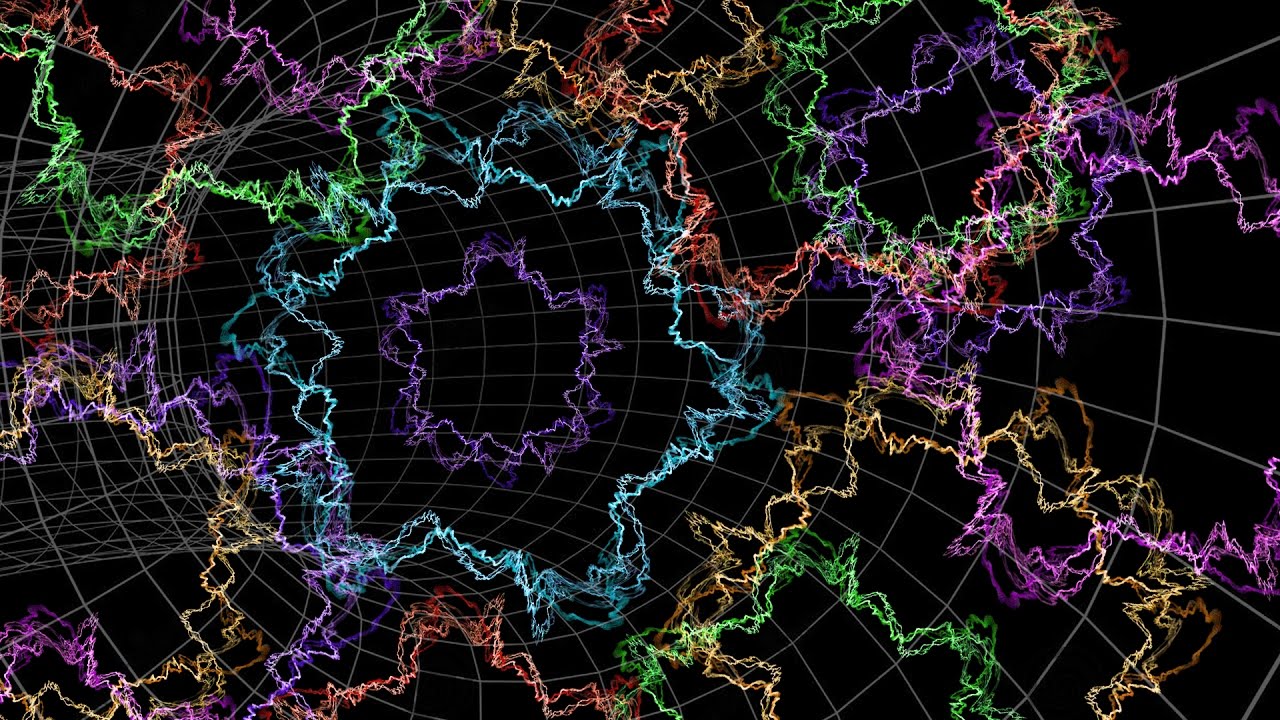Books of 2018, Part 1
December 28, 2018 • #This year was a productive one for reading. Even with all going on in life, I still managed to get through 43 books in 2018. Reading by quantity isn’t the measure of success, of course. I want my selection guided by interest, important, and impact, not sheer numbers. When I scroll back through the timeline, I can see my interests shifting around — from nonfiction to fiction and back, moving between politics, economics, and science.
Rather than run through an exhaustive review of everything I read this year, I’ll give the highlights of my favorites from some common categories I like to read. These aren’t necessarily the best books I read this year by some objective measure, but the most worthy of highlight.

The Southern Reach Trilogy, Jeff VanDerMeer
The first one on this year’s list isn’t one book, it’s three, forming the Southern Reach trilogy — Annihilation, Authority, and Acceptance. The synopsis of the opening entry in the series was enough to get me in the door. Combine science fiction with elements of horror, mystery, and ecology-gone-wrong, I’m in. Each of the books is quite different, but form a complete picture of a strange place seen from multiple perspectives and time periods. The central character of the trilogy isn’t a person, it’s a place. Known in the books as “Area X”, for decades it’s a place where nature has reclaimed the surroundings, twisted and mutated much of the resident life, and destroys through madness and disease anyone who enters. In part 1, four unnamed characters enter the Area as part of a mysterious government agency’s (the titular “Southern Reach”) attempts to understand the causal catastrophe. The best way to describe the trilogy is “totally unique”. Reading it I found myself going back through chapters (especially in parts 1 and 3) to revisualize the environments described. VanDerMeer has a knack for inventing fantastically weird, grotesque, and beautiful scenes that stick with you after reading.

The Three-Body Problem, Cixin Liu
Another one in the science fiction category and the first in a trilogy, this is by Chinese author Cixin Liu. On the surface the story is an alien invasion plot, but one unlike any other. Set primarily in Cultural Revolution-era China, we don’t often read science fiction through that political and cultural lens. There’s almost no satisfactory way to describe or summarize the plot here, but it involves a virtual reality game, extraterrestrial intelligence, multidimensional physics, and political intrigue.
The Story of Maps, Lloyd A. Brown
For a detailed overview of this one, I wrote a post a few weeks back. I randomly bought this book at a used bookstore years ago, but never did anything but flip through looking at the graphics inside. It’s an excellent combination of history and scientific textbook-like coverage of the science of mapping. As it was written in the 1950s, it stops well short of anything we’d call “modern” on the technology front, but that’s just what interested me about it. I wanted a resource that’d help me understand the first principles of map making, the historical context in which advances were made, and the threads linking discoveries and advancements together through history. This book gives all of that, as long as you have the patience to bear through the drier parts.

The Elegant Universe, Brian Greene
This is one of the best-known works of popular science in physics, attempting to explain string theory to the layperson. The theory attempts to reconcile the conflict between two empirically-proven theories of reality: general relativity and quantum mechanics. Greene is a great writer when it comes to breaking down complex ideas into simple analogies. The framework of string theory is wildly intricate with its eleven dimensions and vibrating string particles, so I had trouble following the logic. I need to read more on that topic. What I got the most of out of this book was a stronger foundational understanding of relativity and quantum mechanics. Both of those ideas themselves are abstract and challenging.

Leonardo da Vinci, Walter Isaacson
I don’t pick up many biographies, but Isaacson’s profile of da Vinci is a model of how the genre should be done. It was well balanced between the relevant parts of his life, but devoted most of its attention to the material all readers want to spend time on. Da Vinci was an astonishing figure, with no equal in history as an inventive, diverse mind.
Check out Part 2.